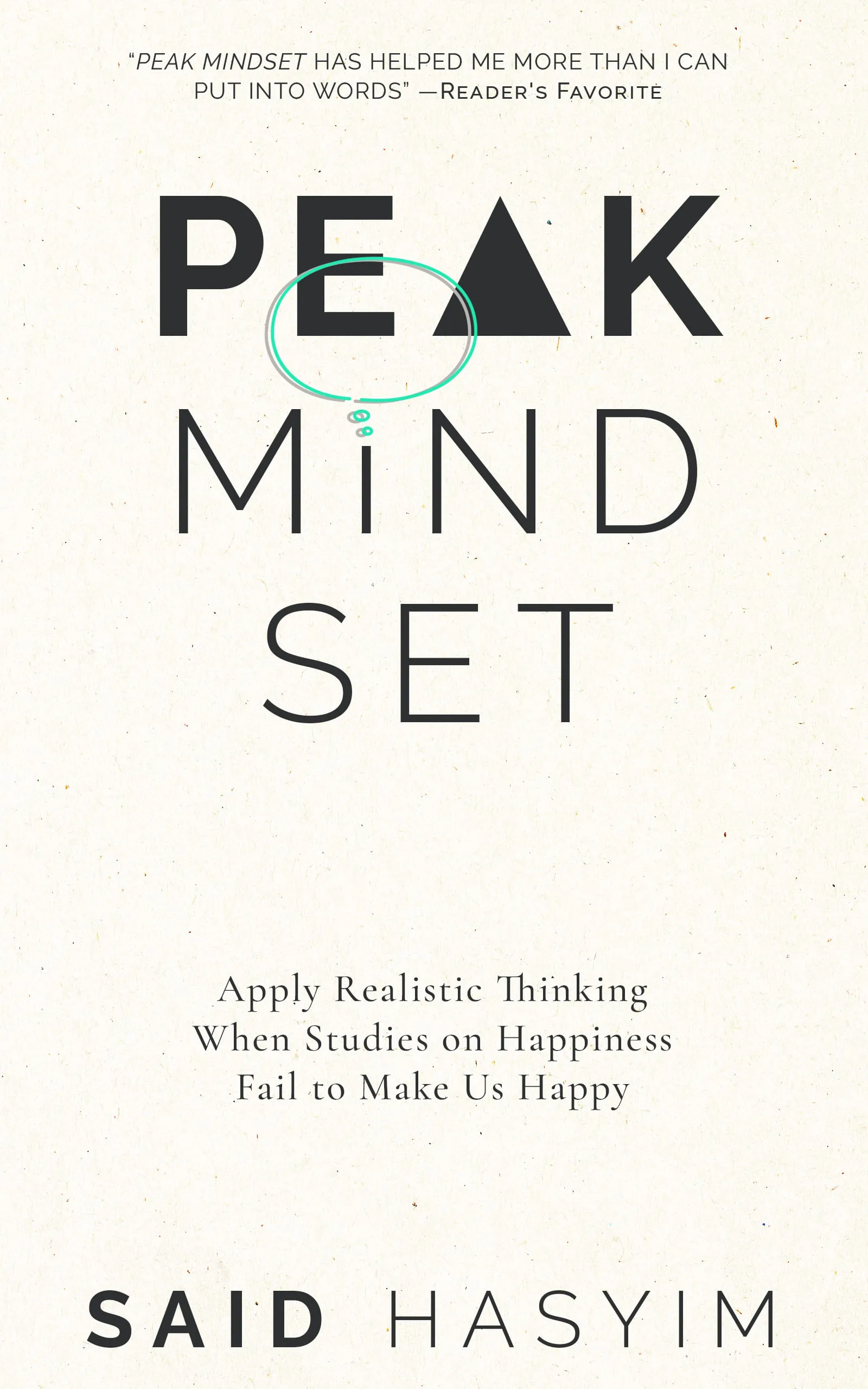The Importance of Self-Compassion in Realism
In a society that often glorifies ruthless ambition and relentless productivity, many of us find ourselves caught in a perpetual cycle of striving for excellence while harshly judging our own imperfections. We push ourselves harder, critique our every misstep, and chase an idealized version of success that feels perpetually out of reach. In this pursuit, we can easily overlook a powerful antidote to the pressures of modern life: self-compassion. What role does self-compassion play in the broader context of realism, and how can it reshape our understanding of ourselves and our journeys?
Understanding Self-Compassion
Self-compassion is often misunderstood. Unlike self-esteem, which can be contingent upon external accomplishments and validation, self-compassion involves treating oneself with kindness and understanding in the face of failure or difficulty. It encompasses three core components:
Self-Kindness vs. Self-Judgment: Instead of berating ourselves when we fail or make mistakes, self-compassion encourages us to be gentle and understanding toward ourselves.
Common Humanity vs. Isolation: Recognizing that suffering and personal inadequacy are part of the shared human experience helps us understand that we are not alone in our struggles.
Mindfulness vs. Over-Identification: Self-compassion involves maintaining a balanced awareness of our emotions, allowing us to observe our thoughts and feelings without becoming overwhelmed by them.
In the realm of realism, where we seek to understand life as it is—with its triumphs and trials—self-compassion offers a lens through which we can accept our imperfections and embrace our humanity.
Realism: A Philosophical Perspective
Realism, as a philosophy, prioritizes a pragmatic approach to life's circumstances. It emphasizes living with a clear recognition of reality, acknowledging both the joys and challenges that come with existence. This perspective resonates deeply with those who aim to confront life’s difficulties without idealism clouding their judgment. However, engaging with realism can also present a risk: a tendency to focus predominantly on the negative, potentially leading to feelings of despair or inadequacy.
This is where self-compassion becomes crucial. By integrating self-compassion into our realistic worldview, we can embrace a more holistic perspective that recognizes our limitations while also affirming our worth.
The Interplay Between Self-Compassion and Realism
1. Embracing Imperfection
Realism teaches us that life is messy, unpredictable, and often disappointing. By fostering self-compassion, we can learn to accept our imperfections without harsh self-criticism. Rather than succumbing to feelings of inadequacy when we fall short of an ideal, self-compassion allows us to acknowledge our failures as part of the human condition. This acceptance isn't defeatist; rather, it encourages resilience and growth.
2. Building Resilience
Facing challenges head-on often requires resilience. Self-compassion provides a supportive inner dialogue that can buffer against the negativity and self-doubt that can accompany setbacks. When we treat ourselves with kindness during difficult times, we're more likely to bounce back and approach future challenges with a renewed sense of strength and determination.
3. Fostering Gratitude
Realism also involves acknowledging the positive aspects of life, even amidst challenges. Self-compassion encourages a sense of gratitude—gratitude for our strengths, our journey, and even our struggles. This balanced perspective helps to cultivate an appreciation for life in all its complexity, paving the way for more authentic experiences.
4. Enhancing Relationships
Self-compassion doesn't only benefit our relationship with ourselves; it also positively impacts our interactions with others. When we practice self-kindness and acceptance, we become more empathetic and compassionate toward those around us. A realistic understanding of human struggles fosters deeper connections, as we appreciate that everyone is navigating their unique challenges.
Practical Strategies for Cultivating Self-Compassion
Anyone can cultivate self-compassion through mindful practice. Here are some strategies to integrate into your daily routine:
1. Positive Self-Talk
Shift your inner dialogue to be more supportive. Replace self-criticism with affirming statements that acknowledge your efforts and humanity.
2. Mindfulness Meditation
Engaging in mindfulness meditation can help you observe your thoughts and feelings without judgment, promoting a more compassionate perspective.
3. Journaling
Keep a journal where you explore your experiences with kindness, jotting down moments of struggle alongside instances of gratitude, allowing for reflection and clarity.
4. Connect with Others
Engage in conversations about struggles with friends or support groups. Sharing your challenges can help normalize difficulties and create a sense of common humanity.
5. Practice Forgiveness
Forgive yourself for past mistakes. Acknowledge your humanity, recognize the lessons learned, and allow yourself to move forward.
Conclusion
In the complex tapestry of life, realism challenges us to confront the truth of our human experience, both the light and the dark. By weaving self-compassion into this framework, we enrich our understanding of ourselves and our existence. We learn not just to endure but to thrive, realizing that our imperfections do not diminish our value. Instead, they are an integral part of the moving story of us—messy, imperfect, and beautifully real.
Embracing self-compassion can transform our journey, offering kindness in moments of struggle and paving the way for deeper connections, resilience, and growth. In a world that often feels driven by comparison and competition, reclaiming our worth through self-compassion is not just important; it is essential. Let us honor ourselves for the journey we are on, imperfections and all, and step forward into the fullness of our lives with gratitude and grace.
Leverage Your Mindset for a Fulfilling Life
Explore Peak Mindset, a book to leveraging your subconscious for a more fulfilling life. Gain insights into realistic thinking, money management, and stress resilience to make informed decisions. Discover pitfalls in conventional happiness advice and practical strategies for self-transformation. Unlock your potential and enhance your overall satisfaction.
